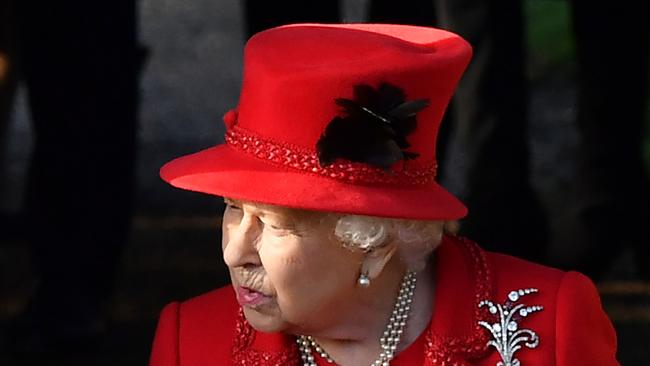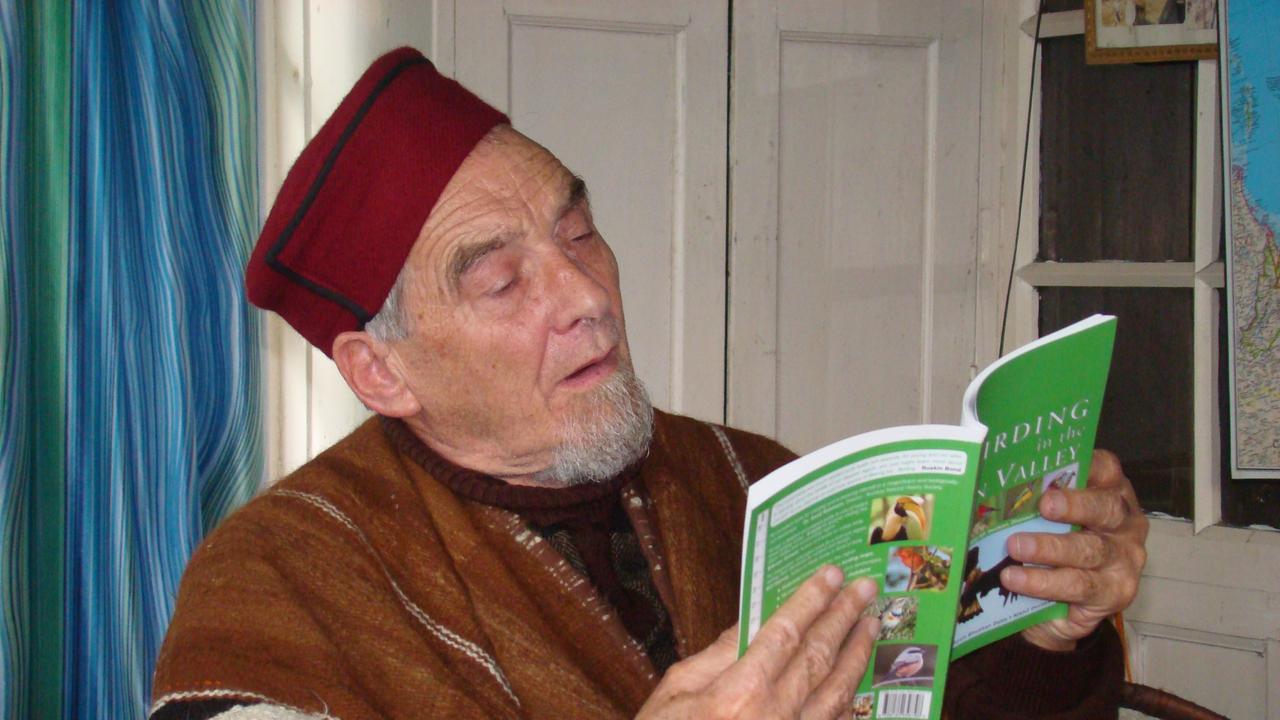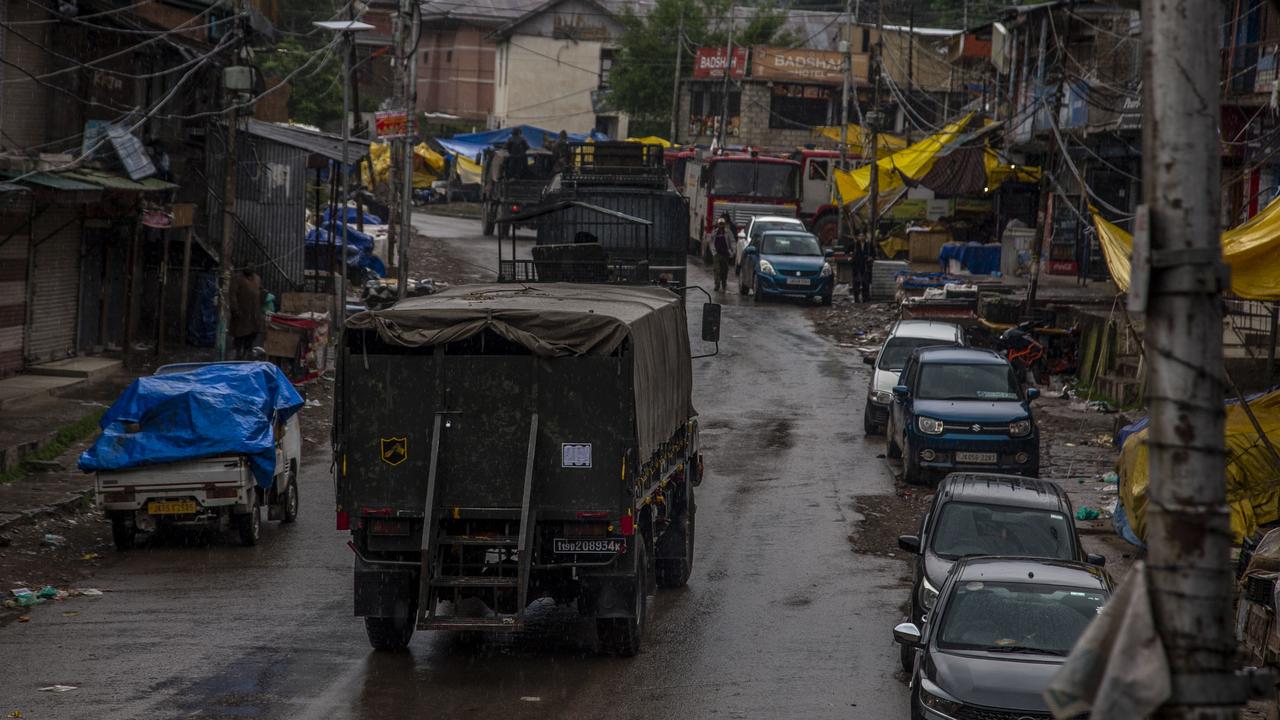Polo visa changes were ‘shelved for the Queen’
The UK government reportedly changed its plans to tighten restrictions on polo visas after concerns from the Queen.

The UK government reportedly changed its plans to tighten restrictions on visas because ministers believed that the Queen was concerned about the implications for the polo season.
Amber Rudd, when she was home secretary, wanted to overhaul the polo visa scheme, a system enabling players and grooms to work in the UK for the season, which runs from March to September.
Rather than pushing ahead with plans to restrict polo visas to only the best non-EU professional players, however, the Home Office had granted a special allocation of 500 visas every year since 2017, The Mail on Sunday said. Many polo players and grooms come from Argentina and Australia.
The newspaper reported the decision came after the Queen became “very animated” by the plans. It said the subject had been discussed between the Queen and Ms Rudd in a private meeting. Officials believed that the polo visa scheme was being exploited, and that many of the more than 800 people who entered Britain under the system actually worked as farm labourers.
The Queen is a regular spectator at polo matches and the Duke of Edinburgh, the Prince of Wales, the Duke of Cambridge and the Duke of Sussex have all played the sport.
The Hurlingham Polo Association, the sport’s governing body, began legal proceedings to challenge the government’s changes to the visa scheme in October 2016. A decision on whether to extend the exemption for another year is expected to be made by Home Secretary Priti Patel in the coming days.
Scottish National Party MP Angus MacNeil seized on the report, writing on Twitter: “Seems we live in a UK state that has ‘bent’ visa rules of a POLO TEAM !! for the head of state - but try getting fishermen for Scotland or other key workers in!! #BananaKingdom.”
Buckingham Palace declined to comment but palace sources told The Mail the Queen did not lobby on a specific policy as she is strictly neutral on political issues.
The Times



To join the conversation, please log in. Don't have an account? Register
Join the conversation, you are commenting as Logout